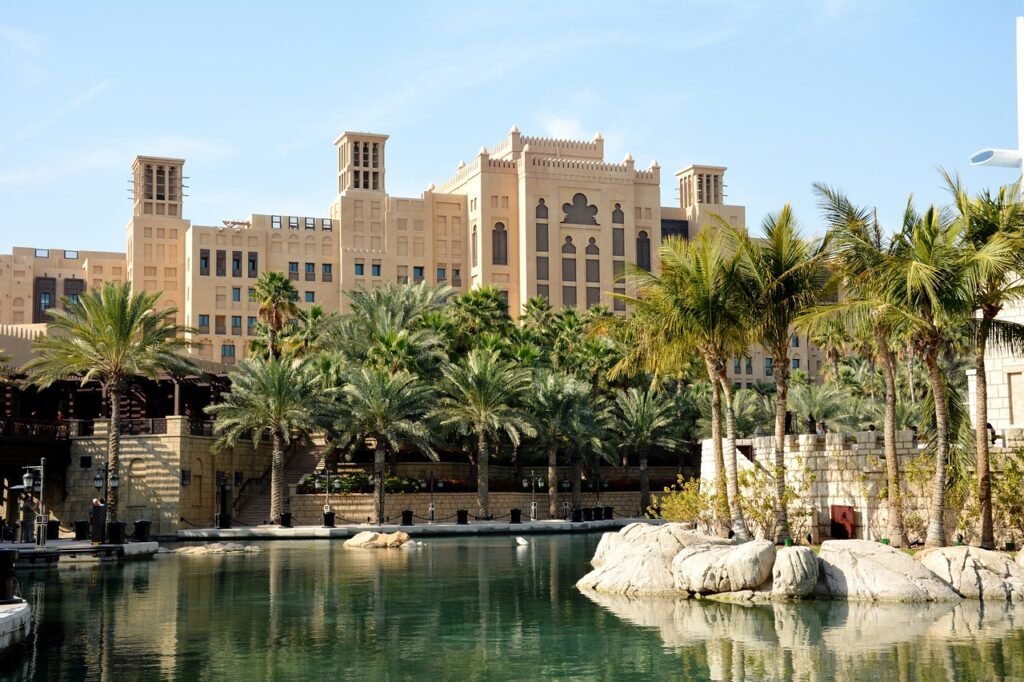
Fujairah, one of the seven emirates that make up the United Arab Emirates (UAE), has a rich and varied history that stretches back thousands of years. Here is an overview of its history:
Prehistoric and Ancient Times
- Archaeological Findings: Archaeological evidence suggests that Fujairah has been inhabited for thousands of years, with artifacts indicating human presence during the Neolithic period. Sites such as the Wadi Suq area have provided insights into early human settlements and activities.
- Bronze Age: During the Bronze Age, the region was part of the broader Umm Al-Nar culture, known for its distinctive tombs and trade links with Mesopotamia and the Indus Valley.
Islamic Era
- Islamic Influence: With the spread of Islam in the 7th century, the region saw significant changes. Fujairah, like the rest of the Arabian Peninsula, embraced Islam, which became a dominant cultural and religious force.
Medieval Period
- Trade and Commerce: Fujairah’s strategic location along the Gulf of Oman made it an important stopover for traders. It played a role in the maritime trade routes that connected the Arabian Peninsula with the Indian subcontinent and East Africa.
Early Modern Period
- Portuguese Influence: In the 16th century, the Portuguese established control over parts of the Arabian Peninsula, including Fujairah, to secure their trade routes to India. This period saw the construction of forts and other defensive structures.
- Local Rule: By the 17th century, local Arab tribes regained control over the region. The Al Sharqi family, which rules Fujairah today, established itself as the dominant power.
20th Century and Modern Era
- British Influence: In the early 20th century, Fujairah, like other Trucial States, came under British protection. This period saw relative stability and the beginnings of modernization.
- Independence and UAE Formation: In 1971, Fujairah joined six other emirates to form the United Arab Emirates. Since then, it has developed rapidly, focusing on infrastructure, education, and tourism.
- Economic Development: Fujairah’s economy has diversified beyond traditional fishing and agriculture. The emirate has invested in free zones, ports, and oil storage facilities, becoming a key player in the region’s logistics and trade sectors.
Cultural and Historical Significance
- Heritage Sites: Fujairah is home to several historical sites, including Fujairah Fort, Al Bidyah Mosque (the oldest mosque in the UAE), and various archaeological sites that reflect its long and diverse history.
- Cultural Preservation: Efforts have been made to preserve and promote Fujairah’s cultural heritage, with museums and cultural festivals celebrating its rich history and traditions.
Fujairah’s history is marked by its strategic location, which has shaped its development and interactions with various civilizations and empires. Today, it stands as a modern emirate with a deep respect for its historical roots.
nice